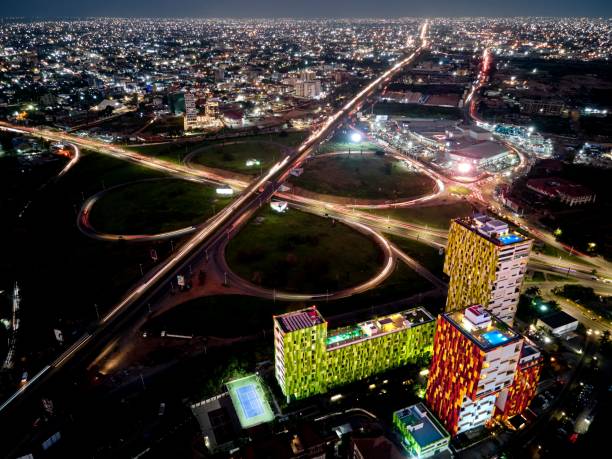
Ghana is fast emerging as one of West Africa’s most attractive destinations for expatriates seeking a unique blend of rich cultural heritage, warm hospitality, and dynamic economic prospects. With a history steeped in tradition and a rapidly evolving modern economy fueled by foreign investment and natural resources, living in Ghana offers an enriching experience shaped by diversity, growth, and opportunity. Whether you are a foreign professional hunting for new job prospects or a businessperson eyeing expanding markets, Ghana’s appealing lifestyle and robust economic potential make it a top choice for expats.
This comprehensive exploration delves into what makes living in Ghana special—from its geographical and cultural diversity to its economic landscape and opportunities for expatriates. It also highlights some important considerations and best practices for anyone contemplating a move to this vibrant country.
Why Choose Living in Ghana?
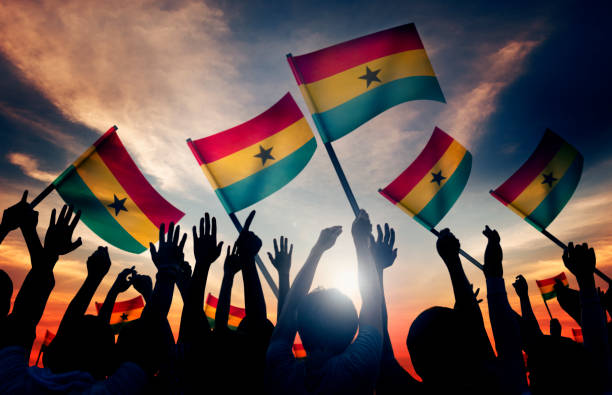
Affectionately dubbed “Africa for beginners,” Ghana combines ease of access, political stability, and a welcoming social environment, making it exceptionally friendly to people relocating from abroad. The country’s accessibility is supported by well-connected transport links, and locals are known for their warmth and hospitality, which immediately places expatriates at ease.
For many, living in Ghana means experiencing a country where cultural diversity thrives harmoniously amid rapidly advancing urban centers.
The best time to enjoy living in Ghana socially and environmentally is between November and March, its dry season, when the weather is pleasant for outdoor activities and exploration.
During this time, vibrant festivals, cultural events, and tourism peak, providing expats and visitors a unique window into Ghana’s rich traditions and communal spirit.
A Tapestry of Culture and Diversity
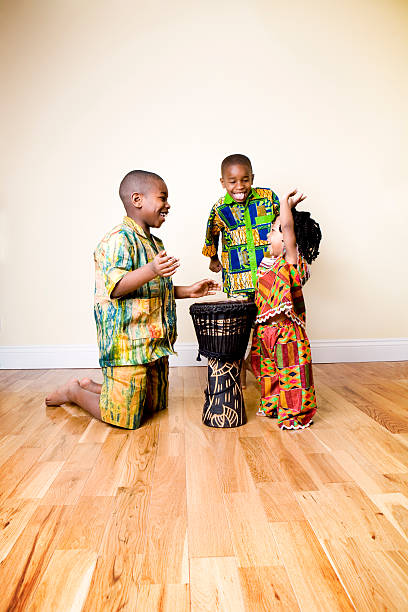
Living in Ghana immerses you in a tapestry of diversity shaped by geography, religion, and language. The country’s landscape includes everything from the expansive Volta Lake—the world’s largest artificial lake—to lush national parks and bustling coastal cities where historical forts stand as reminders of Ghana’s storied past.
Ghana’s religious landscape is as diverse as its terrain. Christians represent about three-quarters of the population, with Islam as the second most practiced religion. Additionally, traditional African beliefs continue to significantly influence local cultural practices.
This religious plurality fosters an atmosphere of tolerance and mutual respect. The official language of Ghana is English, facilitating business, education, and governance, which makes it easier for international professionals to integrate quickly. However, a remarkable linguistic diversity exists, with over 250 languages and dialects spoken across the country’s 238,533 square kilometers.
Most of the population is concentrated in the southern half near the Atlantic coast, creating economic and cultural hubs rich with opportunity.
Economic Landscape: Challenges and Opportunities

Ghana has long been celebrated as a model for economic growth in Africa. While recent years have brought some economic challenges, including high inflation and currency depreciation caused by loose fiscal policies and rising public deficits, the country’s foundational strengths remain intact.
To stabilize its economy, Ghana has engaged with the International Monetary Fund (IMF) to secure a multi-million dollar extended credit facility. Alongside this, the government has prioritized macroeconomic reforms aimed at stimulating sustainable growth, and visible development efforts continue despite the economic headwinds.
Ghana’s rich natural resource base significantly sustains its economy. Agriculture accounts for around 20% of GDP and employs about half the workforce. The country is one of the world’s largest producers of cocoa, with gold mining and oil production contributing substantially to exports and government revenue. Notably, oil production offshore began in 2010, dramatically boosting economic growth. Though fluctuating oil prices since 2015 have reduced revenues, prospects of new discoveries and improved fiscal management raise optimism for the future.
Ghana’s economy is predominantly market-driven and comparatively open for trade and investment by regional standards. The relative lack of policy hurdles presents a fertile ground for foreign investors and expatriate professionals looking to capitalize on emerging business opportunities.
The Expat Experience: What You Need to Know
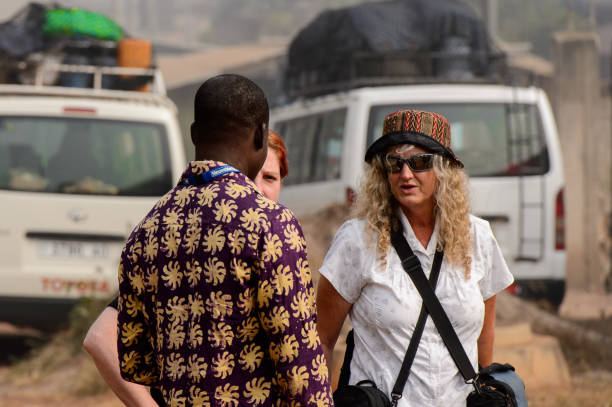
Living in Ghana as an expatriate means stepping into a culturally rich and economically evolving environment. The combination of a stable democratic system and media freedom nurtures a politically aware society, which appreciates public discourse and civic engagement. Expats often find themselves welcomed in communities where traditional values coexist with modern lifestyles.
Key industries attracting foreign professionals include technology, mining, oil and gas, finance, and agribusiness. With the country’s demand for diverse skills rising, expats can find competitive job opportunities or establish new ventures with the right networks and local insights.
However, living in Ghana also presents unique challenges—from navigating local bureaucracies to understanding cultural nuances and adjusting to infrastructural realities. Many expatriates turn to specialized service providers like GroConsult for support in workforce management and expansion. GroConsult’s Employer of Record (EOR) services, in particular, offer a seamless way for international businesses to enter the Ghanaian market and hire local employees compliantly without the immediate need to set up a full legal entity.
Practical Insights for Success Living in Ghana
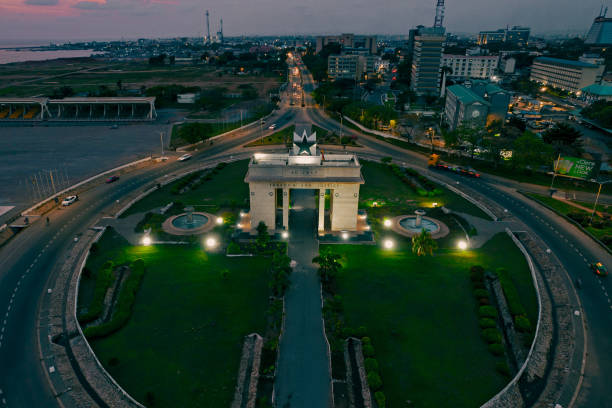
- Embrace Cultural Sensitivity: Learning local customs, respecting religious diversity, and engaging with the community enhance both personal and professional life.
- Tap Into Local Networks: Connecting with business chambers, expat groups, and industry associations opens doors to collaborations and opportunities.
- Understand Market Dynamics: Keep abreast of economic reforms, trade policies, and sector-specific developments to navigate risks and capitalize on growth areas.
- Leverage Professional Services: Utilize trusted local partners for compliance, payroll management, and talent acquisition to ease the transition and drive business success.
- Stay Adaptable: Rapid developments require openness to change and a proactive approach to problem-solving.
Why Living in Ghana Offers Both Opportunity and Enrichment
Living in Ghana offers expatriates a singular opportunity to experience a nation proud of its heritage yet eager to embrace the future. The country’s political stability, evolving economy, cultural richness, and welcoming populace create an ideal environment for individuals and businesses seeking growth alongside personal enrichment.
For international companies exploring expansion or personnel deployment in Ghana, GroConsult’s tailored EOR services offer a reliable bridge to establish compliant, flexible operations with reduced overhead and enhanced local insight.
Whether you are drawn by opportunity or the allure of Ghana’s unique spirit, living in Ghana promises an environment where tradition and modernity coexist and where your professional and personal horizons can grow in vibrant harmony.
Living in Ghana is not just about relocation—it’s embarking on a rewarding journey that offers diverse experiences, meaningful connections, and promising business prospects in one of Africa’s most dynamic countries.
